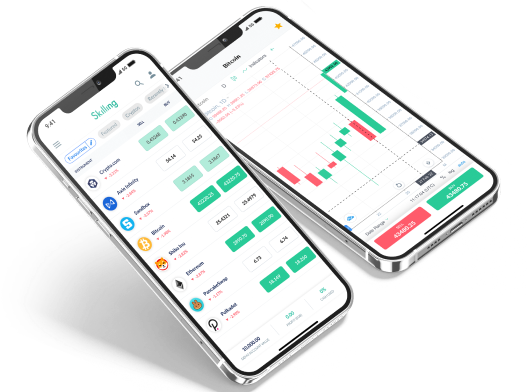In the world of finance, the term "buyback" often buzzes around the stock market, signaling a move that can sway the value of investments and alter the landscape for traders. Understanding this concept is important for anyone involved in trading, as it can have significant implications for investment strategies and market perceptions.
A buyback, also known as a share repurchase, occurs when a company decides to purchase its own outstanding shares from the marketplace. The effect of a buyback is that it reduces the number of shares available to the public, which can have several implications for the company and its shareholders.
When a company initiates a buyback, it uses its cash reserves to buy its own shares. These shares can either be retired immediately or held in the company's treasury to be reissued at a later date. The mechanics of a buyback can vary; it can be conducted on the open market over an extended period or through a tender offer where the company offers to purchase shares at a specific price for a certain period.
Experience Skilling's award-winning platform
Try out any of Skilling’s trading platforms on the device of your choice across web, android or iOS.
71% of retail CFD accounts lose money.

Why it is important to traders
To a trader, buybacks are not just a corporate finance decision; they are a path to potential trading strategies. They serve as an indicator of a company's financial health, market position, and the perceived value of its stock. For traders, understanding the implications of buybacks is as essential as understanding the fundamentals of investing itself. Buybacks are significant to traders for several reasons:
- Share value increase: By reducing the number of shares in circulation, buybacks often lead to an increase in the earnings per share (EPS), which can, in turn, elevate the stock price.
- Signal of confidence: Companies typically buy back shares when they believe they are undervalued, signaling to the market that the management has confidence in the company's future prospects.
- Tax efficiency: For shareholders, buybacks can be more tax-efficient than dividends as a method of returning value, depending on the tax laws in their jurisdiction.
- Flexibility: Unlike dividends, which are expected to be paid regularly, buybacks offer companies flexibility as they can be initiated or suspended according to the company's financial situation.
- Protection against takeovers: By buying back shares, a company can increase the proportion of shares held by loyal shareholders, potentially protecting against hostile takeovers.
Buyback examples and effects
Example 1:
Apple Inc.: Apple has spent hundreds of billions on share repurchases, significantly reducing its share count and thereby boosting its EPS. This strategy has been a part of why Apple's stock has seen substantial price appreciation over time.
Example 2:
IBM committed to aggressive buybacks in the early 2000s, which some analysts believe helped prop up its share price despite business performance challenges.
The effects of buybacks:
While they can lead to a short-term increase in share price, some argue that they can also signal that a company does not have better growth opportunities to invest in, which could be a negative sign in the long term. Moreover, if a company funds buybacks with debt, it can lead to increased financial risk.
FAQs
1. Do buybacks always lead to an increase in stock price?
Not necessarily. While buybacks can reduce the supply of shares and potentially increase the stock price, other market factors and the company's performance also play significant roles.
2. Can a buyback be bad for a company?
If a company overpays for its shares or uses too much debt to finance the buyback, it can be detrimental to its financial health.
3. How do buybacks compare to dividends?
Buybacks offer a one-time increase in shareholder value, while dividends provide ongoing income. The preference depends on the investor's strategy and tax situation.
4. Are buybacks good for the economy?
The impact of buybacks on the economy is debated. Some argue that they can divert funds from productive investments, while others believe they are an efficient way to return cash to shareholders.
Summary
Buybacks are a powerful tool in a company's financial strategy and can have significant implications for traders. By understanding buybacks, traders can better navigate the market and make informed investment decisions. Whether you view buybacks as a positive signal of confidence or a missed opportunity for growth investment, their impact on the market is undeniable, and they remain a critical factor to consider in any trading strategy.











